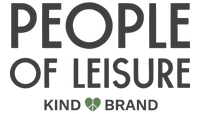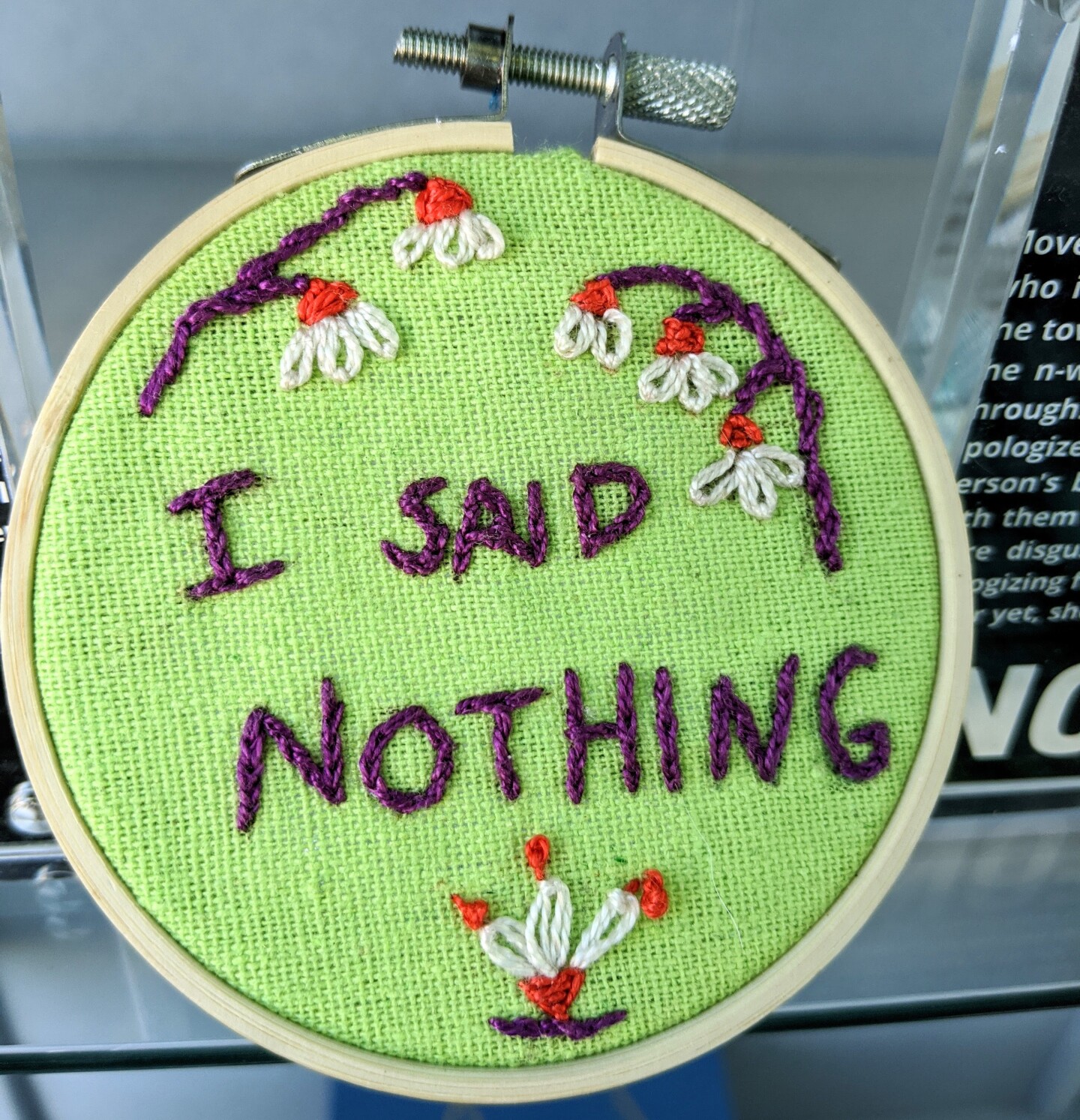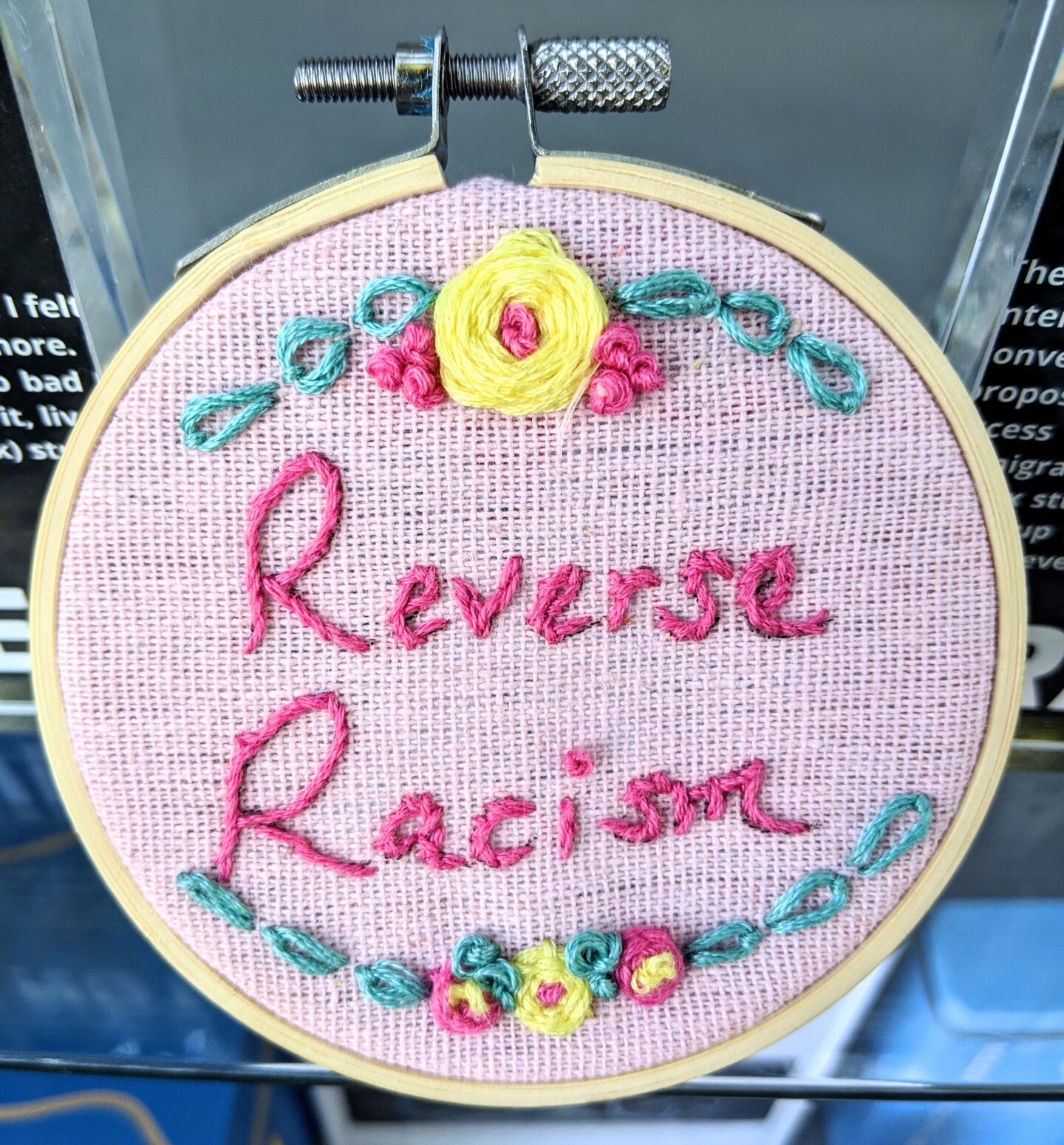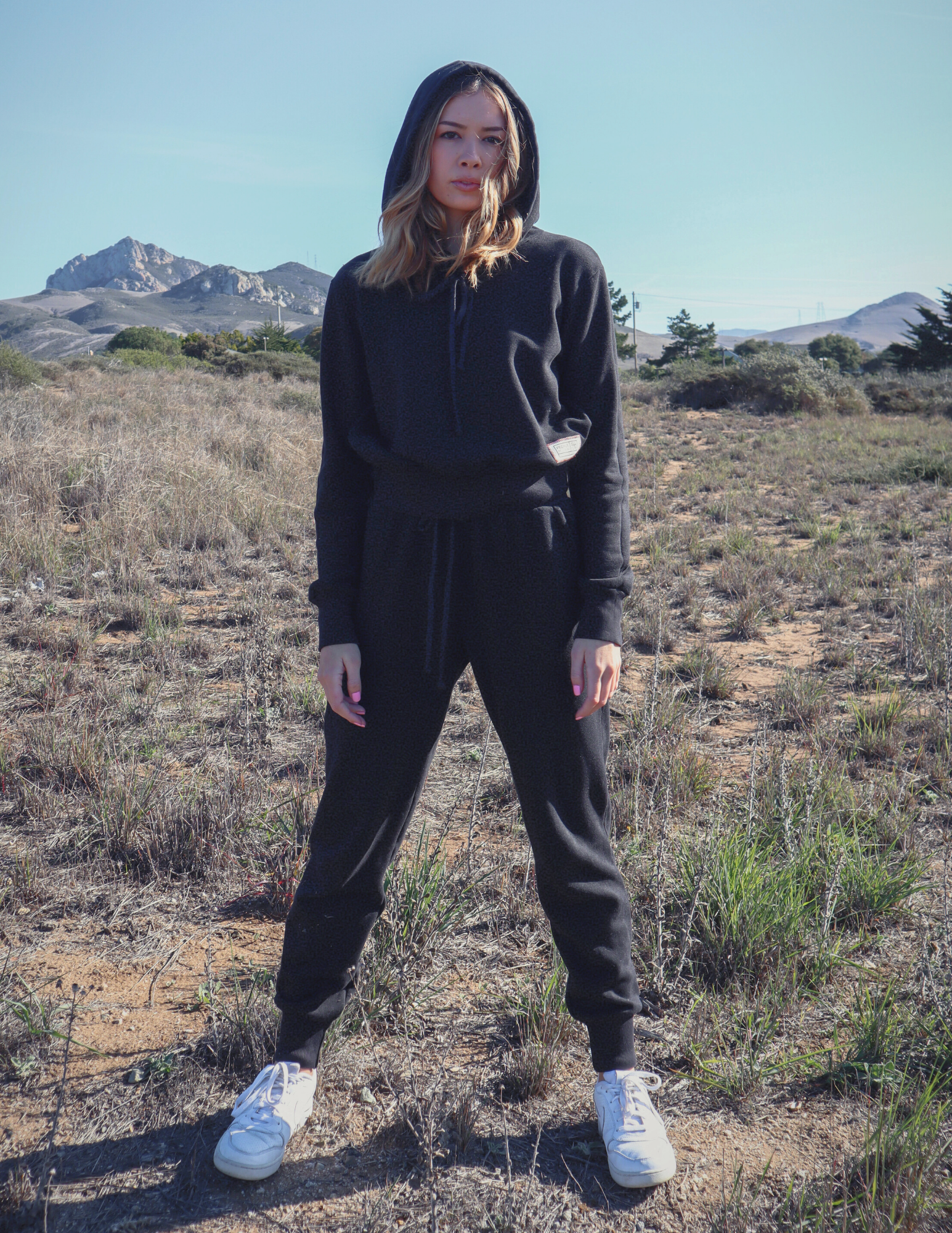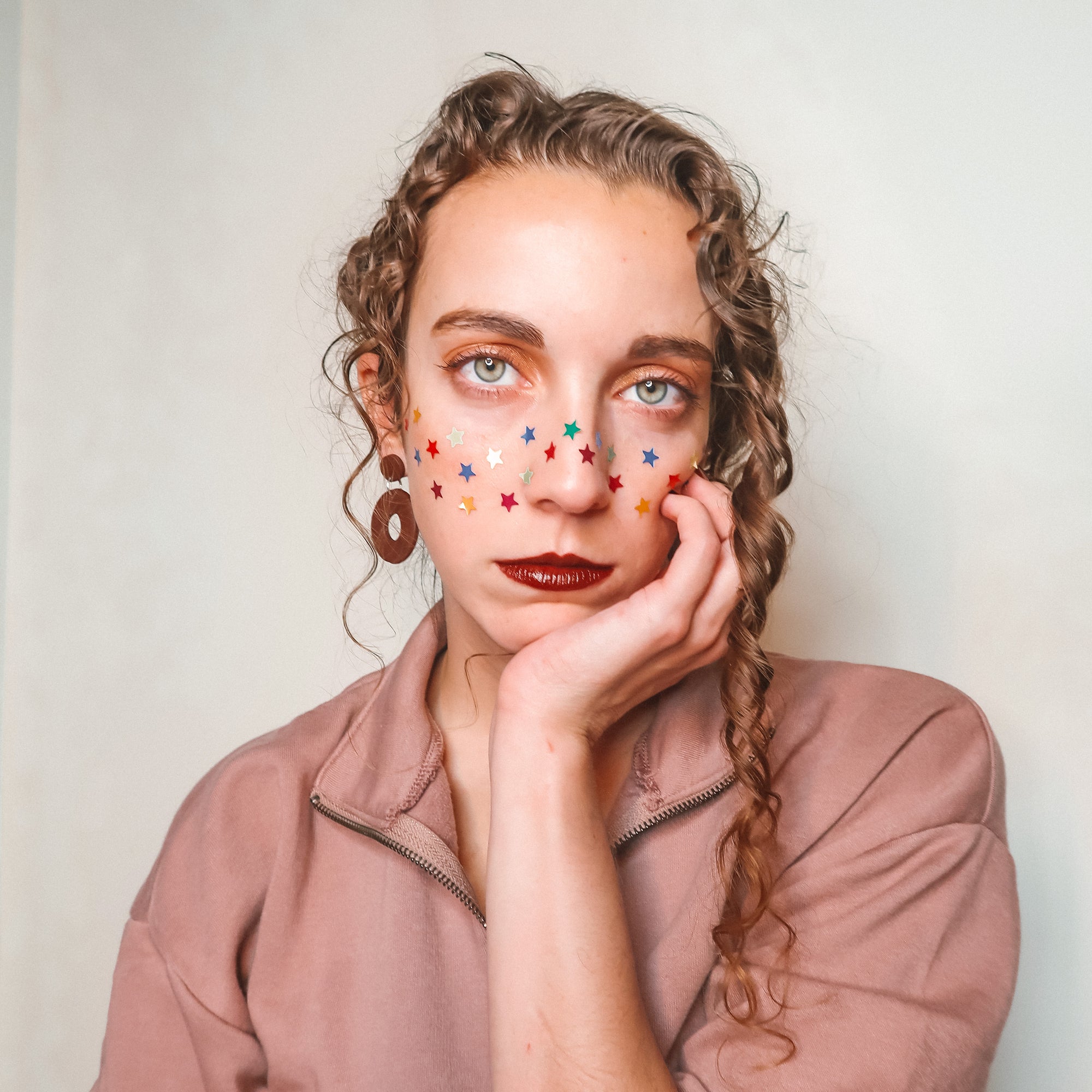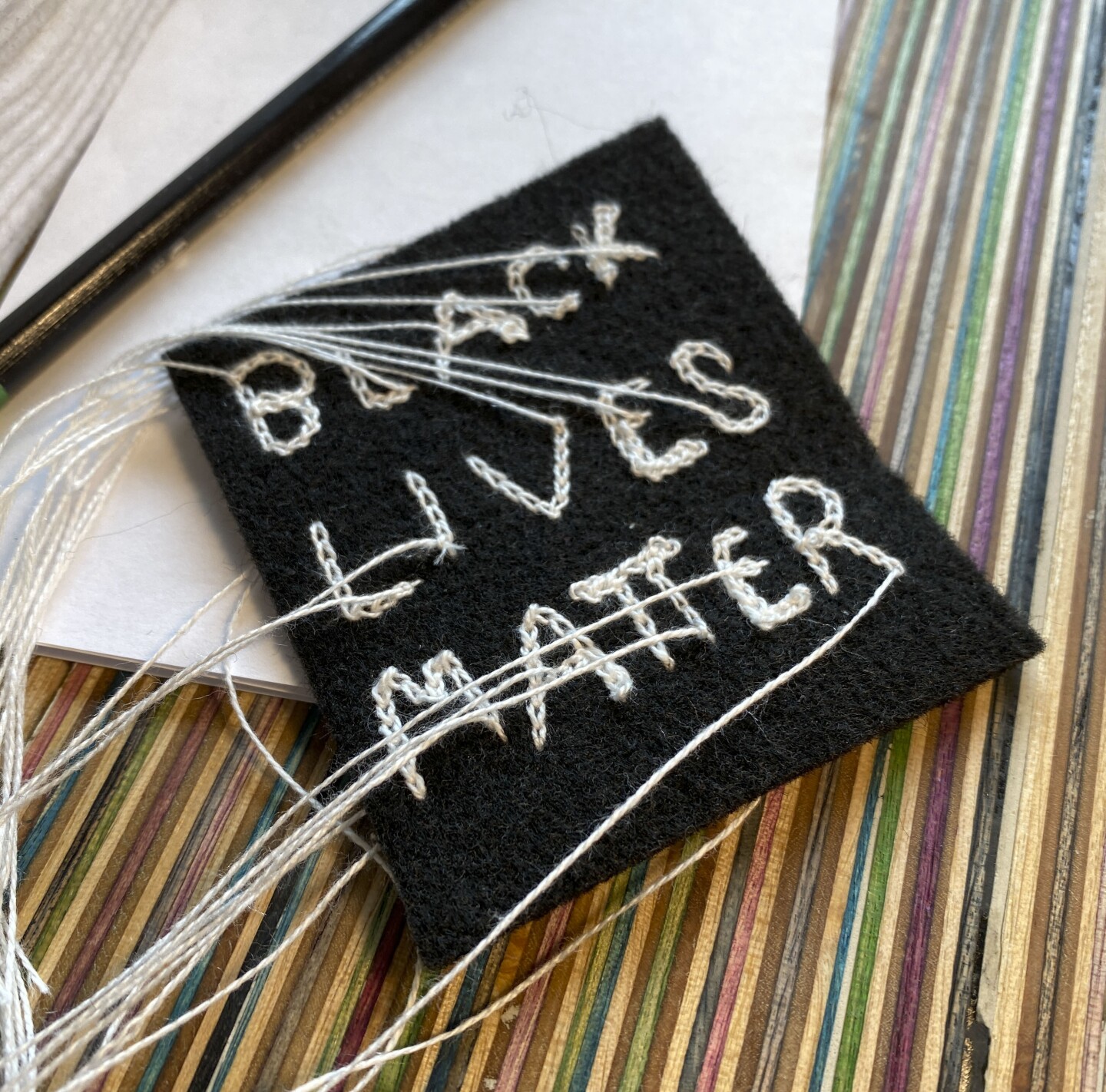
When Jan Miyabara was watching Amanda Gorman recite her poem, "The Hill We Climb," at this year's presidential inauguration, the national youth poet laureate's words struck a chord with her.
One line in particular stood out: "If we merge mercy with might, and might with right, then love becomes our legacy…" Miyabara, a 38-year-old freelance fashion designer, began hand-stitching the words onto a cloth-covered hoop.
"[Those words] really resonated with me, so I wanted to commemorate it," Miyabara said.
She posted a photo of her finished product onto the Instagram page of her own company Aki & Co., and a couple of people reached out asking if she would sell it. Miyabara didn't feel comfortable making a profit off Gorman's words, so she offered to send it to a friend for free and did a swap with another who also owns a small business.
Miyabara is one of the number of Los Angeles-based artists — a mix of professionals and hobbyists — who have been using the craft of embroidery as a platform to express what has transpired over the past year. Their stitched words and pictures depicting the pandemic, Black Lives Matter movement, and other social issues have become a way to protest and record history.

In front of Naama Haviv's Highland Park home is a three-shelf glass display case that she's fashioned into a museum and roadside attraction. Aptly named "The Tiny," the case has been home to her self-initiated exhibits since last July.
Haviv's first exhibit centered on the theme of white fragility, a topic she explored shortly after the death of George Floyd, an unarmed Black man who police murdered in Minneapolis last May.
"I was talking with a lot of my friends, many of whom are white women like me, about our moments of — a little vocal reckoning of — all of the times that we had privilege and [chose] our own comfort over doing the right thing," Haviv, 42, said. "You know, when we said shitty things and even knew in the moment that it was shitty, but we were too embarrassed to even say sorry."
Haviv had her friends share those moments and write down key phrases from their stories. In their handwriting, she transferred the words to fabric and embroidered the letters and her designs onto three-inch hoops.
One of the pieces is dressed with the phrase "I said nothing," about a time when a friend of Haviv's froze and didn't say anything when a racial slur was used in front of her Black friend. Another hoop was woven with the words "I don't see color," a nod to a sentence another friend used to utter.
Haviv, who's the director of community engagement at MAZON: A Jewish Response to Hunger, doesn't consider herself an artist but rather someone who is good at crafts. She doesn't think of "The Tiny" as an art museum either. As someone with a B.A. in history and M.A. in Holocaust and genocide studies, Haviv said she thinks of herself more as a historian and her small museum as "a representation of the historical moments that we're in."
The chain stitch and chenille embroidery work that Jeff Kubasak, 37, does has been a historical account in many ways of the social issues that have been gaining attention over the past year. Kubasak, who embroiders using a 1930s Singer machine, is a freelance artist that does projects — both commissioned and self-initiated — under his company banner Common Genus.
A self-taught artist who works in many mediums, including photography, graphic design and woodworking, Kubasak has found sewing and embroidery to be a vehicle for activism. Amid the pandemic, he began using a sewing machine for the first time (he only had experience with embroidery machines until this point) to construct face masks. He sold the masks and used the profits to make more to donate to hospitals and homeless shelters in his East Hollywood neighborhood. Kubasak promoted and sold his masks using Instagram.
Around the time Floyd was murdered, Kubasak used the same mentality to reach out to others through social media about the anti-racism and BLM patches he was embroidering. Within five days, he made 200 patches and raised $1,400, which he donated to several organizations like the BLM Global Network Foundation, NAACP and Atlanta Solidarity Fund. People could donate anywhere from one cent to $20 for the patches.
"In fact, one person ordered 60 [patches] and paid 60 cents for them," Kubasak said. "[The person] had sent me an email saying, 'Hey, I want to spread these out and give them to a bunch of people,' so I was all for that."
Miyabara's work has related to the BLM movement, too. She's been stitching custom-ordered messages on masks during the pandemic, and one that she especially loved was the phrase "believe Black women."
In a collaboration Miyabara did with apparel brand People of Leisure, she created designs relating to the BLM movement. On the collar of one sweater, she embroidered the phrase "let it shine" — a line from the song "This Little Light of Mine" — as an homage to the Civil Rights movement anthem.
